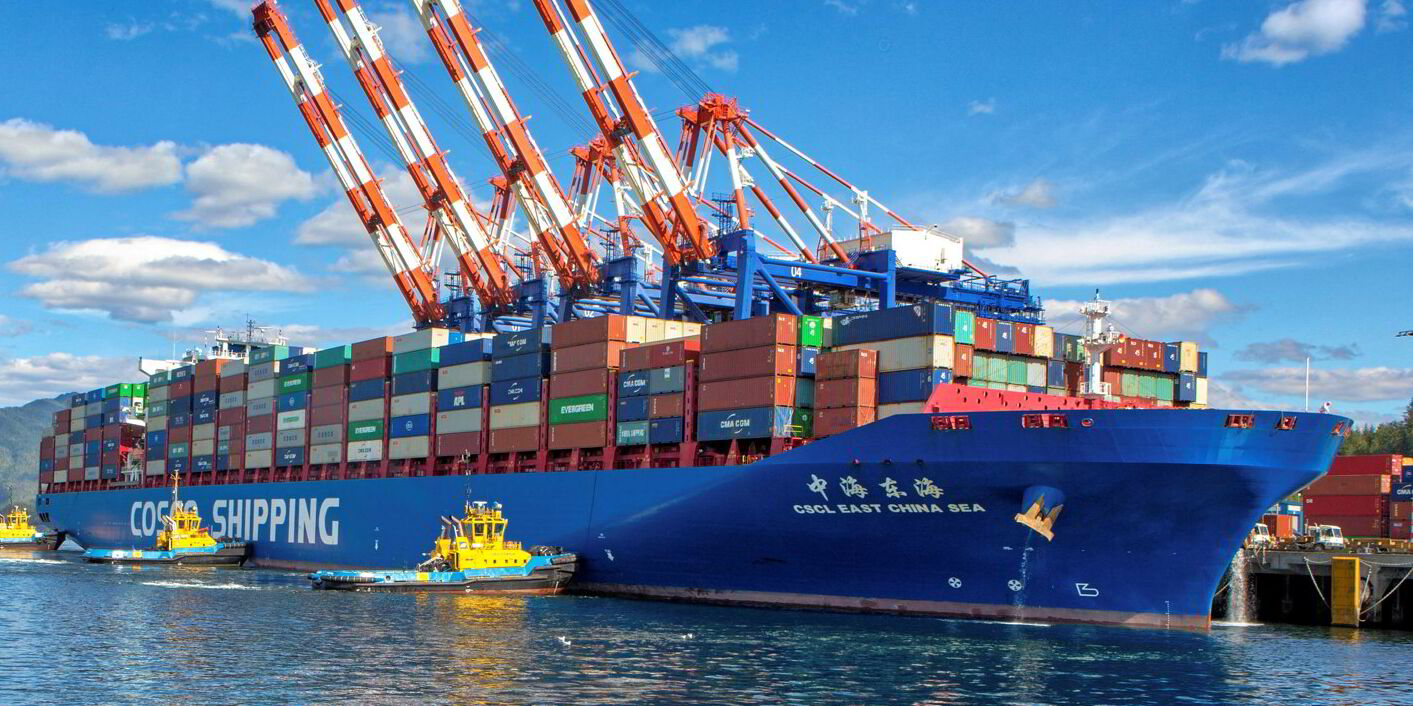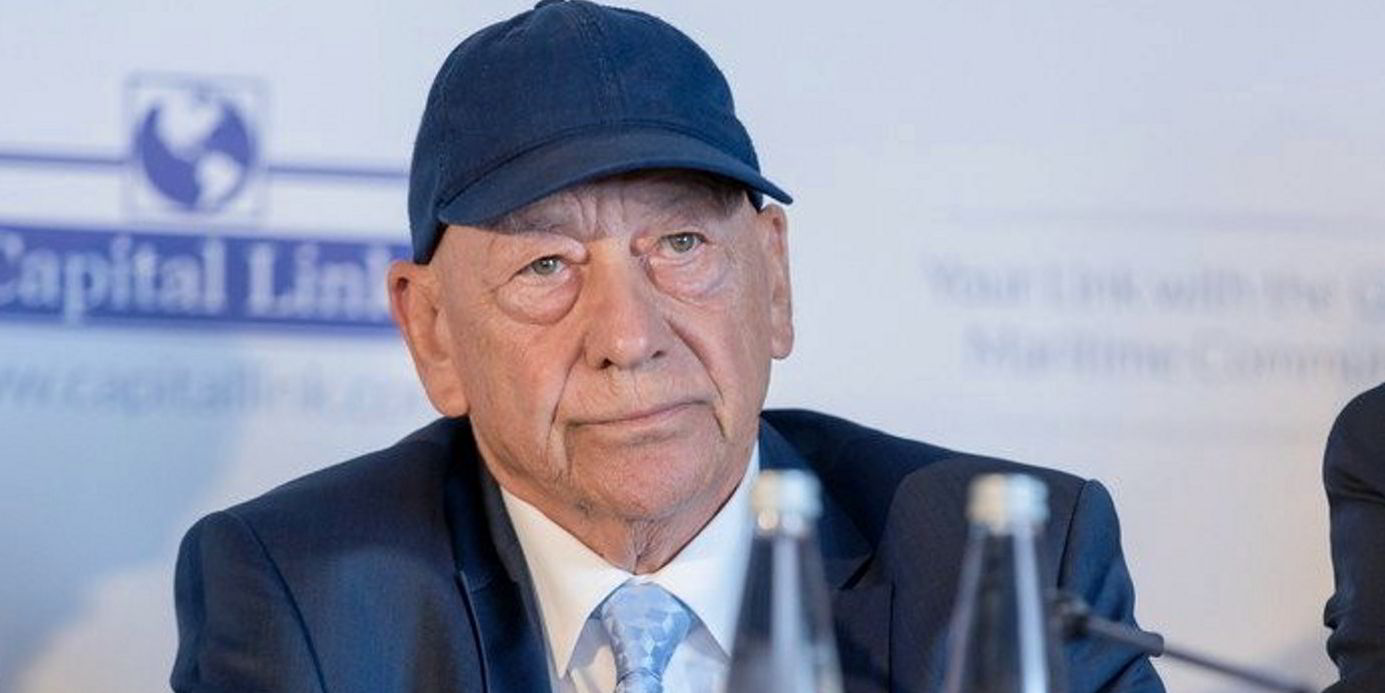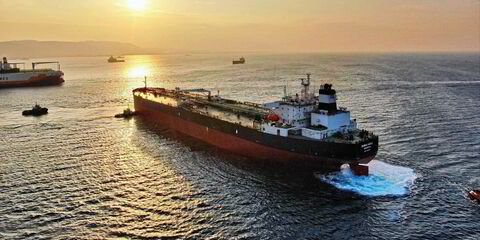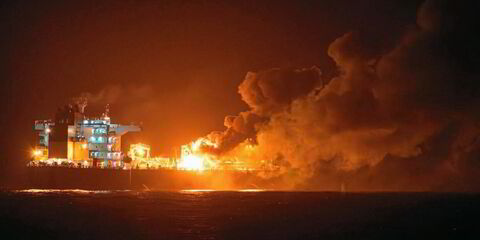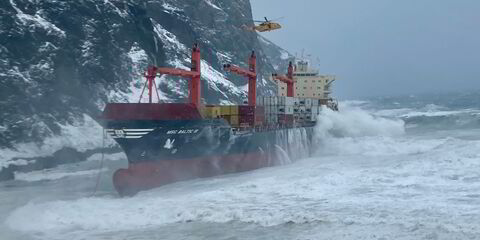A collapse in Red Sea traffic in the wake of the Houthi campaign against Israeli-linked shipping has caused no great harm to the business of Greece’s two biggest ports so far.
Port authorities in Piraeus and Thessaloniki even increased profits in the first half of the year, with solid revenue from car and passenger traffic mitigating weaker container throughput.
The Cosco-controlled Piraeus Port Authority (OLP) posted net income of €40.4m ($45.1m) between January and June, up 4.4% from the same period last year.
OLP chairman Lin Ji said: “Instability and special circumstances continue to exist in the Middle East — our company, however, managed not only to not be impacted but continued its activity with improving performance and results.”
The profit increase was even steeper at the Thessaloniki Port Authority, which is controlled by Ivan Savvidis — a Russian businessman of ethnic Greek roots with several other business activities in the country.
Profit at Greece’s second-biggest port climbed by 62% year on year to €13.6m.
In contrast to Thessaloniki, container business did suffer in Piraeus — though to a smaller extent than initially feared from a double onslaught of Red Sea disruption and the inclusion of inbound European Union traffic in the bloc’s Emissions Trading System.
Container throughput at OLP’s Pier 1 dropped by a relatively modest 7.9% year on year to 253,552 teu, as a 27% decline in transshipment business was mitigated by a 41% increase in the Greek container business.
Throughput at Piers 2 and 3 — two big container ship facilities for which Cosco pays concession fees to OLP while holding them in a separate, fully owned corporate structure — dwindled by 10.7% between January and August to 2.7m teu.
This is about the same drop as the one experienced by two other Cosco ports in the region — Kumport Liman in Istanbul and the Red Sea Gateway Terminal in Jeddah, Saudi Arabia.
OLP managed to outweigh slower container throughput with rising income from its cruise and car business.
Cruise-related income rose at an annual pace of 13% in the first half to €10m after 288 cruise ships arrived in Piraeus, up from 272 in the same period of 2022.
In a more surprising development, OLP’s car terminal actually managed to benefit from supply chain disruptions.
Even though the number of new cars shipped through Piraeus dropped by about half between January and June to 45,297 units, OLP’s car terminal revenue soared by 60% to €16.5m, as cars stuck in its terminal paid storage fees for much longer.(Copyright)

